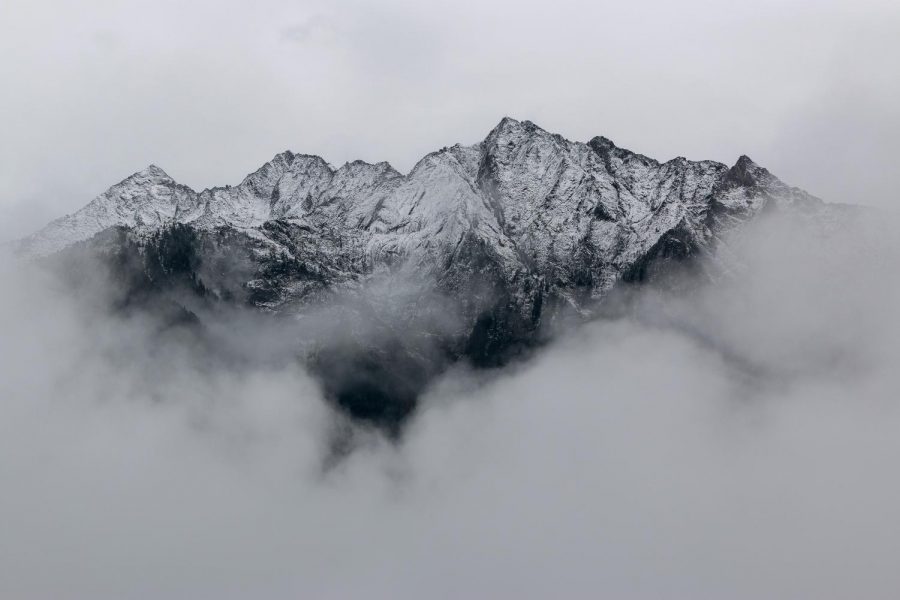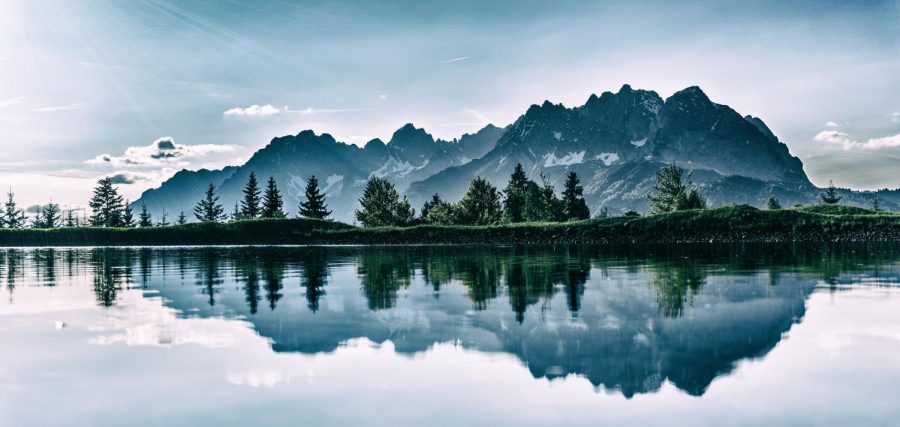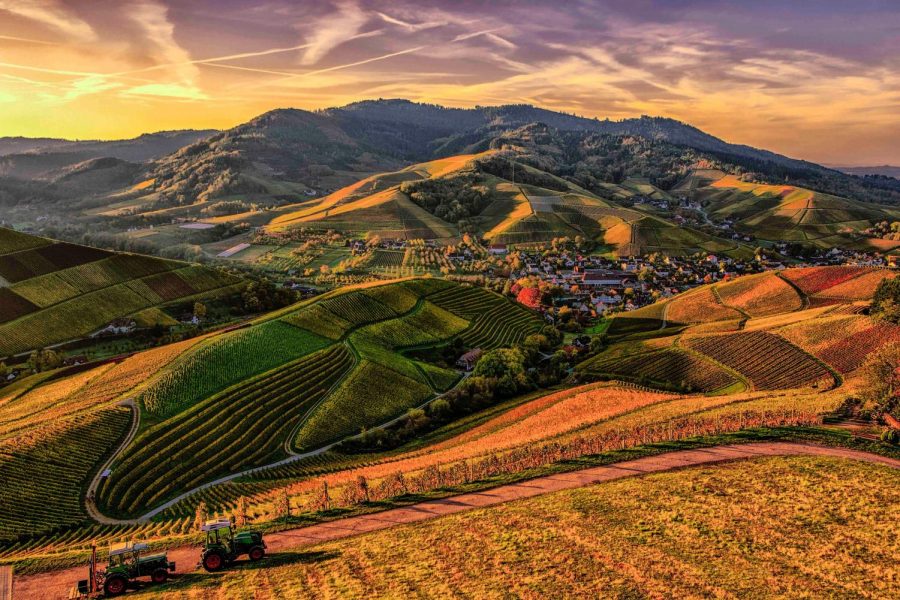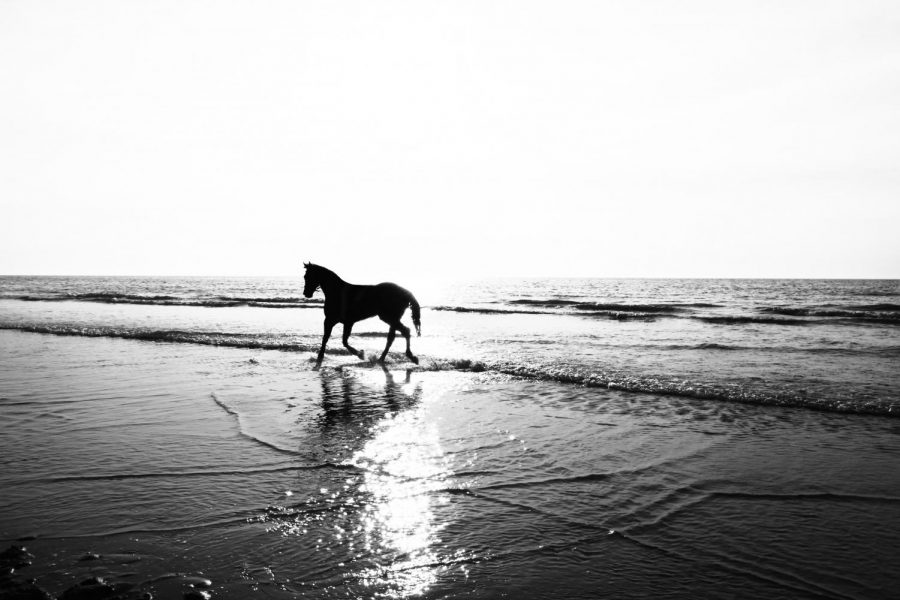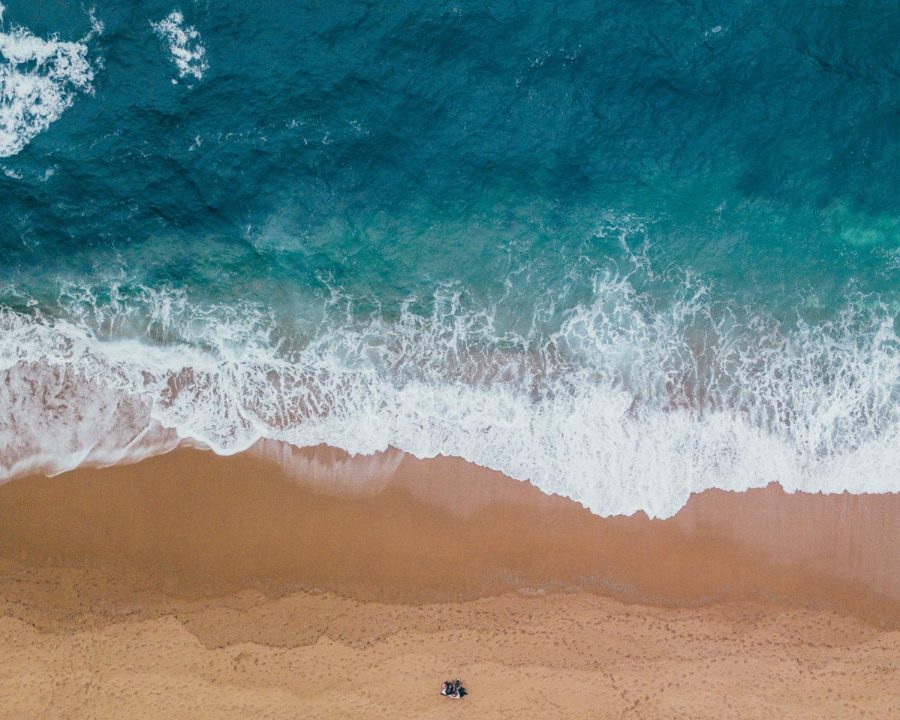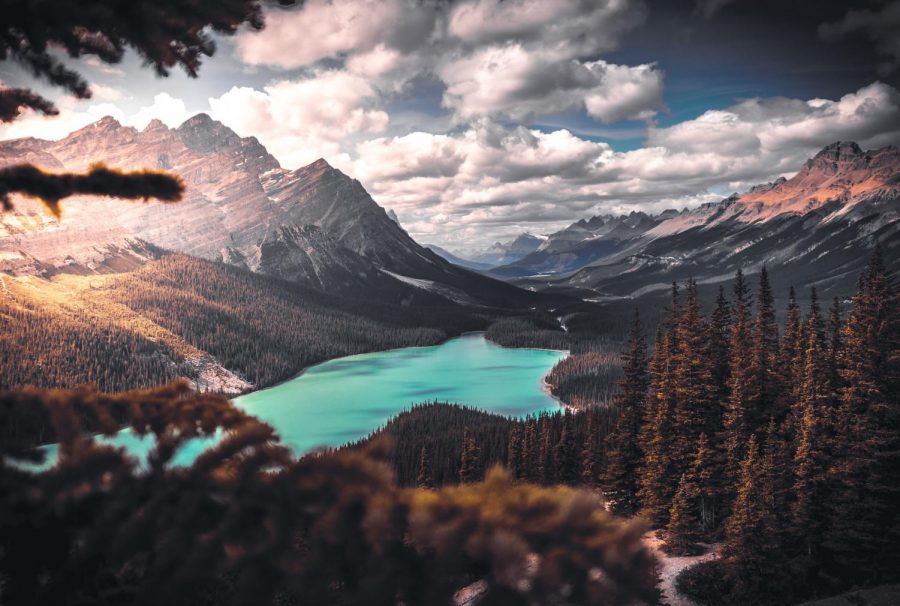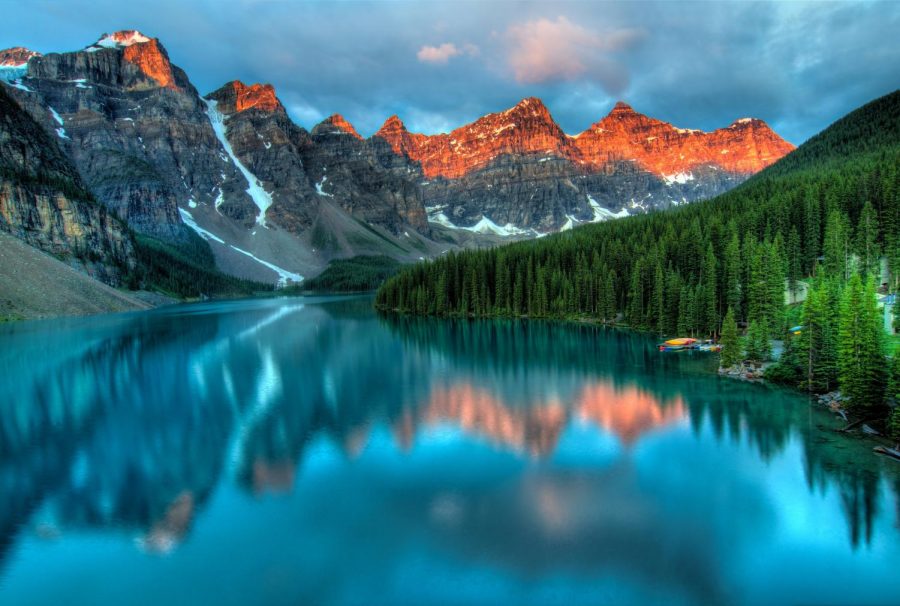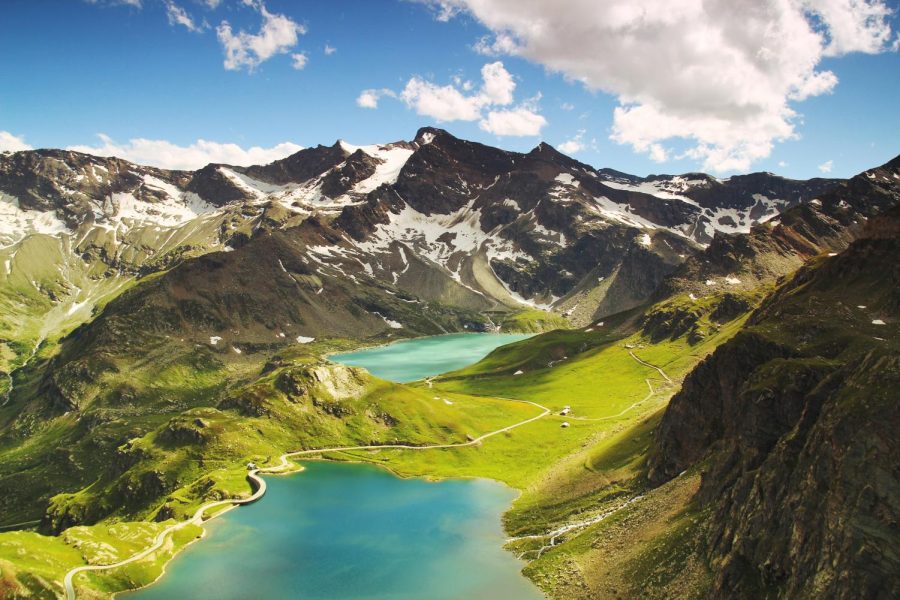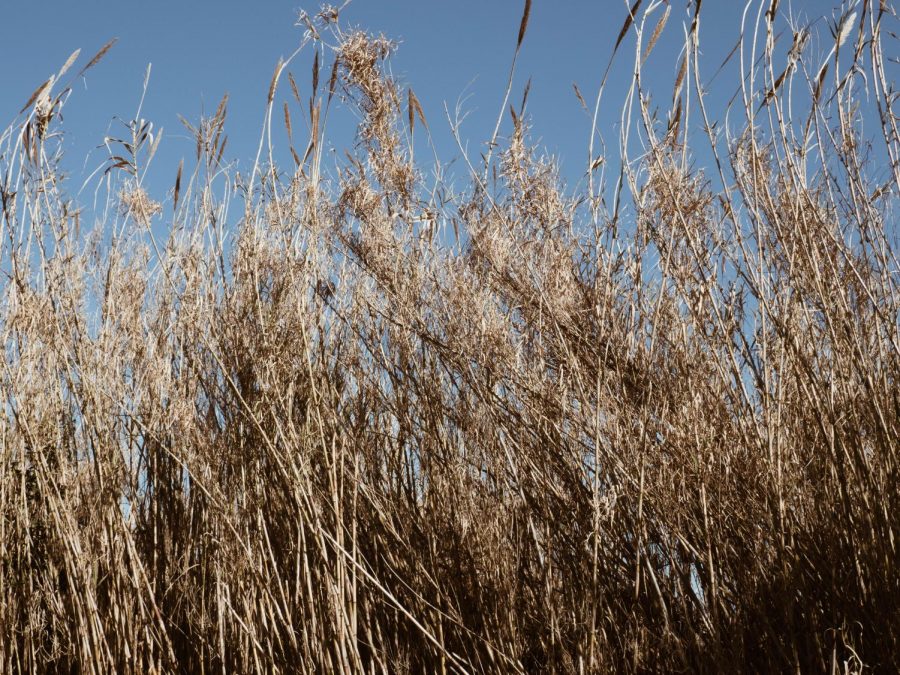Density Independent vs Density Dependent
My AP Biology Thoughts
Unit 8 Episode #28
Welcome to My AP Biology Thoughts podcast, my name is Morgan and I am your host for episode #28 called Unit 8 Ecology: Density Independent vs Density Dependent limiting factors.. Today we will be discussing exactly that, limiting factors in an ecosystem that are considered density independent and density dependent.
Segment 1: Introduction to Density Independent vs Density Dependent
Population density- the number of organisms within a given area or ecosystem (how crowded)
Low density ecosystems- organisms spread out (country/rural)
High density ecosystems- lots of organisms in little space (New York City)
Organisms can’t grow exponentially or else the earth would be covered in all sorts of animals and population, so we need something that limits the population
Limiting Factor- something in an ecosystem that helps contain a population’s size by slowing or stopping growth, (biotic or abiotic)
Density dependent factors- higher the density of the population, the higher the impact of the limiting factor will be. When there are more organisms, more will be affected
Density independent- regardless of the density (crowdedness/ number of organisms) the limiting factor will decrease the population the same amount.
- large population and small population would be equally impacted
Segment 2: Example of density dependent and density independent limiting factors
What are these limiting factors?
Density dependent factors are food, shelter, water, parasites, and predators.
- There is competition for these resources so in a larger population, more animals are competing for these factors, and more animals will NOT have access to them
- A smaller population has less competition, and will not suffer as much from this lack of resources.
The same goes for parasites and predators.
- Big population has more prey for the predators to feed on and more animals the parasites can attach to
- A small population will not be as impacted by this type of limiting factor.
Density independent limiting factors – fire, flood, hurricanes, and pollution. natural disasters
- limit populations regardless of size
EXAMPLE: In a large or small ecosystem which has just experienced a hurricane, many of the organisms are going to die off, and the population size will decrease. If the hurricane kills 50% of the population, it is going to have the same impact in both ecosystems. Obviously with a larger population there will be a larger number of organisms who are killed, but both populations will be reduced to half of their original size.
Segment 3: Digging Deeper into the significance of limiting factors
Population growth rates- exponentially increases continuously, getting larger and larger without decreasing (population without any limiting factors)
logistical growth population – carrying capacity, do experience limiting factors.
- limiting factors lower the carrying capacity of a population and stop the growth of that population
Cause resource partitioning, where organisms occupy various parts of the ecosystem to avoid competition.
- Density dependent factors such as food, water, and shelter often cause competition among organisms in an ecosystem
Lastly, limiting factors are influenced by humans in many ways.
- We have a direct impact on limiting factors such as shelter and food – building houses or deforestation.
- We also can have an indirect impact through water quality and pollution by other actions.
Density independent limiting factors can lead to density dependent limiting factors. Fire started by humans has a direct effect on the ecosystem, but the aftermath of destroyed shelters also has an effect.
Thank you for listening to this episode of My AP Biology Thoughts. For more student-ran podcasts and digital content, make sure that you visit www.hvspn.com. See you next time!
Music Credits:
- “Ice Flow” Kevin MacLeod (incompetech.com)
- Licensed under Creative Commons: By Attribution 4.0 License
- http://creativecommons.org/licenses/by/4.0/
Subscribe to our Podcast
- Apple Podcasts
- Spotify
- Google Podcasts
- Stitcher
- YouTube
Connect with us on Social Media
Twitter @thehvspn



